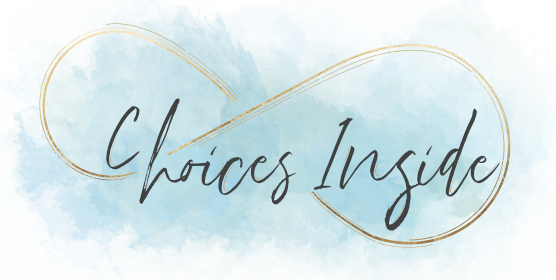Coaching
Coaching With Me, Coaching and Therapy Differences, and the Differences Between a Coach and Therapist
Why Coaching?
The longest relationship you have in life is with yourself. And I want yours to be magnificent! Coaching may be a process you use to discover that magnificent relationship with your Gorgeous Self.
Coaching with Me:
A general sense of what working with me is like
In your private sessions, we tailor your goals to where you want to be in the near and distant future. I guide you through the process of creating a vision of your magnificent and Gorgeous self and life. Experience the feelings, thoughts and beliefs aligning with who you are at your core.
I provide a warm, compassionate, and judgement-free space where you feel courageous enough to name what gets in the way of you living the life you want to live. The questions I ask you can help you move through the roadblocks in the least amount of time possible.
Areas of your life you might choose to focus on in our time together: your relationship with yourself and body, relationships with others, work/business, play, and life purpose.
Many individual present-day beliefs and behaviors form in childhood. Our modern devices need updating and often our minds do too. Whenever I believe wounds are preventing the update, I will suggest you work with a therapist to address them.
First Step
There are endless possibilities awaiting you. Gorgeous, magnificent you. Are you ready to meet her? I hope you are! Because she is already here, waiting for you to meet her!
Grab a mirror. Look into her Gorgeous, precious eyes. Say, “Hello Gorgeous Being.” Even if you don’t believe the words now, my hope is you will. Soon. Very soon.
Coaching and Therapy Differences
- Coaching
- Focuses on the Present and Future
- Assist client in achieving goals in any aspect of life
- Encourages immediate Action.
- Sounding board when exploring choices.
- Seeks to Empower. Led to self-discovery.
- Coach and client are Partners in the Coaching Relationship. Co-collaborators.
- There’s no diagnosis. Client doesn’t have to share if they are in therapy or on psychotropic medications.
- Therapy
- Tends to focus on Present and Past issues
- Explore underlying causes of symptoms or behaviors. Addresses trauma.
- Explores issues like Anxiety, Depression, Substance Use, OCD, Disordered Eating, and self-harm.
- Guides towards healing.
- Seek to remove pain.
- Therapist leads client. Therapist can be an “expert”.
- To use insurance, client must receive a mental health diagnosis.
Some More Coaching and Therapy Differences
Coaching helps people achieve personal, relationship, and professional goals. It is for clients whose basic needs are met and ready to work with an equal to achieve their goals. A coach helps you discover and utilize practical strategies to meet your goals. Coaches don’t give a mental health diagnose or treat emotional and mental health issues. As your coach, I help you become aware of any blocks you might have that prevent you from reaching your goals. With the blocks removed, you can make lasting change and move forward with confidence in reaching your goals.
Therapy addresses emotional and mental health concerns. In therapy or counseling, Therapy goals focus on reducing the frequency, intensity, and severity of symptoms with a diagnosis. It can also focus on healing trauma and old emotional wounds. If you want to address deep emotional pain, trauma, and/or dysfunctional patterns of behavior, you will want to work with a therapist. While I am a Licensed Marriage & Family Therapist, I can only conduct therapy with clients in the states of Iowa and Florida. Click here if you are interested in discussing therapeutic services with me. Also, I cannot be one role for a client and then change to another role.
Coaches and Therapists:
And the Differences Between Them
To become a licensed therapist most often requires one to graduate from a masters level program with several hundred hours of supervised practice, two additional years of leading sessions while receiving supervision, passing a national exam, and ongoing continuing education. There is a state licensing board and ethical standards to adhere to. Sessions and client information is protected by HIPAA, which lists clients rights.
Anyone can call themselves a coach. While there are certification programs, there are no legal or educational requirements, regulations or governing bodies.
Coaching or Therapy:
How I Determine Which is Appropriate
If your past is greatly affecting your present and limiting your future, therapy is more appropriate in helping you address old wounds and beliefs. If we begin a coaching relationship, I will continuously assess if therapy is most beneficial for you. Should I determine therapy is needed, I will provide you with some referrals. Then you may choose to return to coaching after completing therapy.


